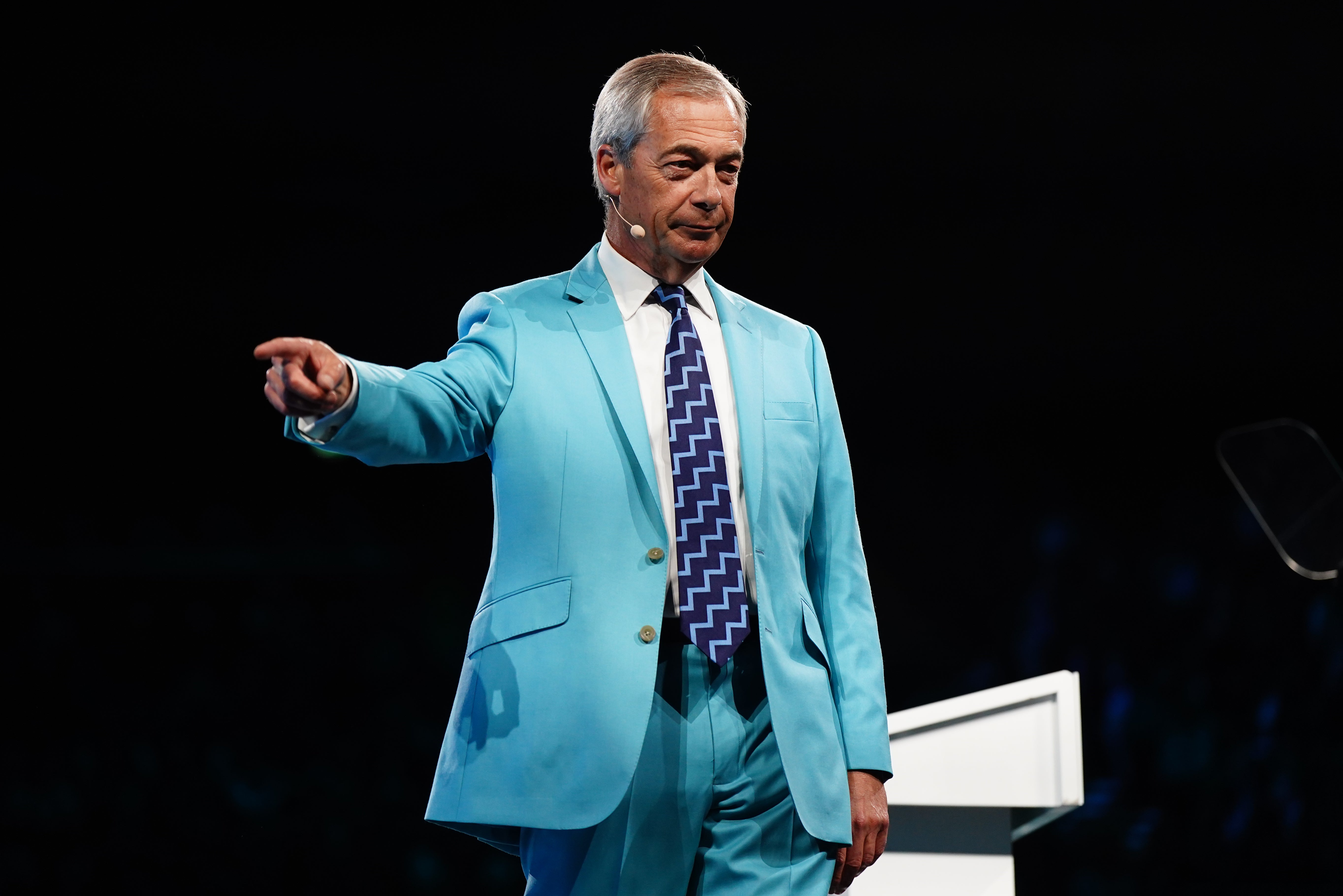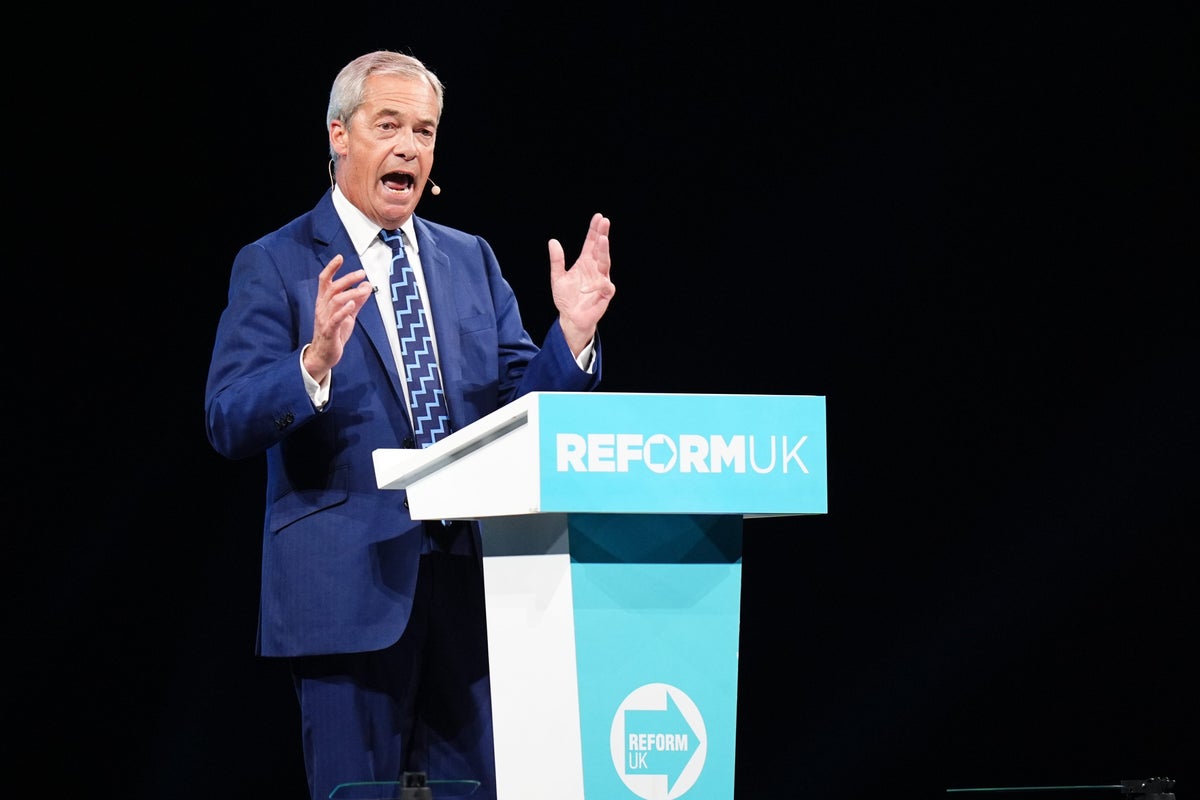Nigel Farage has confirmed he would deport female asylum seekers back to the Taliban in Afghanistan if he wins the next election.
It comes after confusion over the Reform UK leader’s position on the issue, after he initially said he would deport women back to Afghanistan, before later saying he wouldn’t.
Speaking to Sky News on the second day of the Reform conference in Birmingham, he was asked whether he would detain women and children and “send them back” – to which he responded: “Yes”.

But he said the UK has a “duty of care” if a four-year-old were to arrive in a dinghy.
“For clarity, those that cross the English Channel will be detained and deported, men and women,” he added.
“Children, we’ll have to think about.”
Mr Farage faced condemnation last month when he said everyone who arrives in the UK via small boat, including women and children, would be detained.
He later rowed back, to clarify that the party was “not even discussing women and children at this stage”, and then in a separate interview, said that single women could face deportation if they didn’t arrive with children.
His latest remarks came after the Reform leader promised to stop the boats within two weeks if his party won the election.
“We will deport foreign criminals. I’m off to have lunch in a few weeks with the prime minister of Albania. I might book a very big plane and take a load with me, I’m not sure yet.
“We will stop what is a threat to our national security, what is a danger to girls and women on our streets.
“We will stop the boats and we will detain and deport those who illegally break into our country, doing what nearly every normal country around the rest of the world does.
“You cannot come here illegally and stay – we will stop the boats within two weeks of winning government”, he said.
But just one day later, the Reform leader backtracked on the claim – telling Sky News: “I didn’t say that”.
Instead saying Reform would stop the boats within two weeks of passing their proposed legislation.
They have proposed quitting the European Convention on Human Rights and repealing the Human Rights Act to be replaced with a British Bill of rights – a process which is likely to take more than a year.



